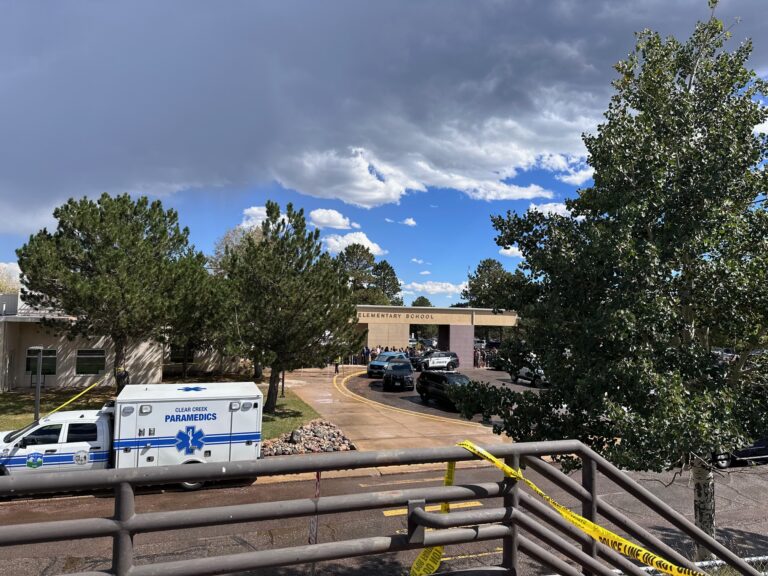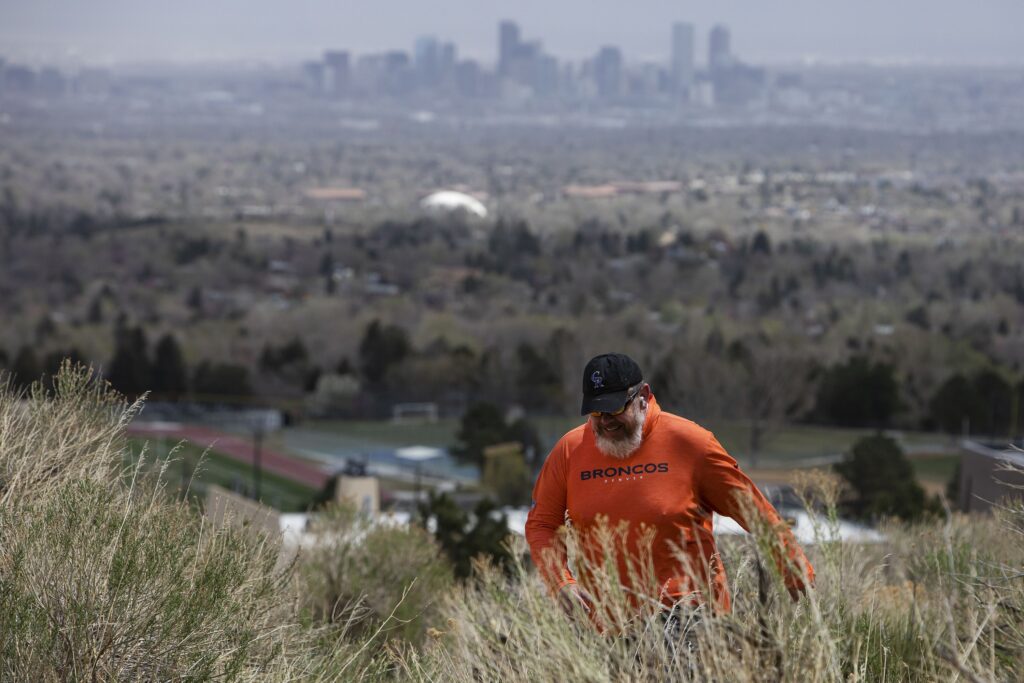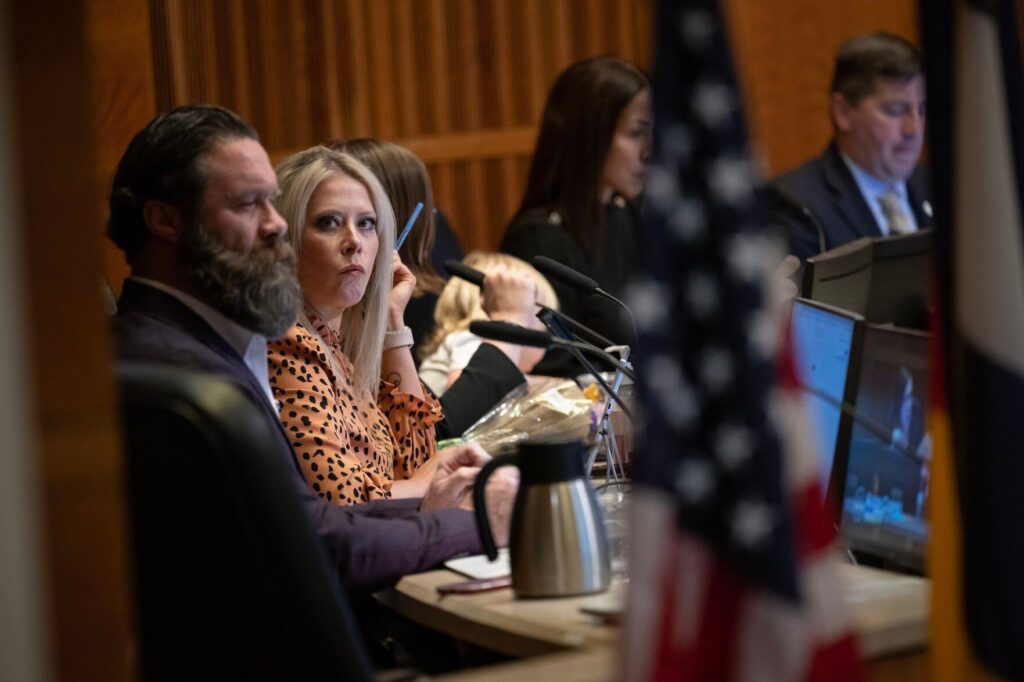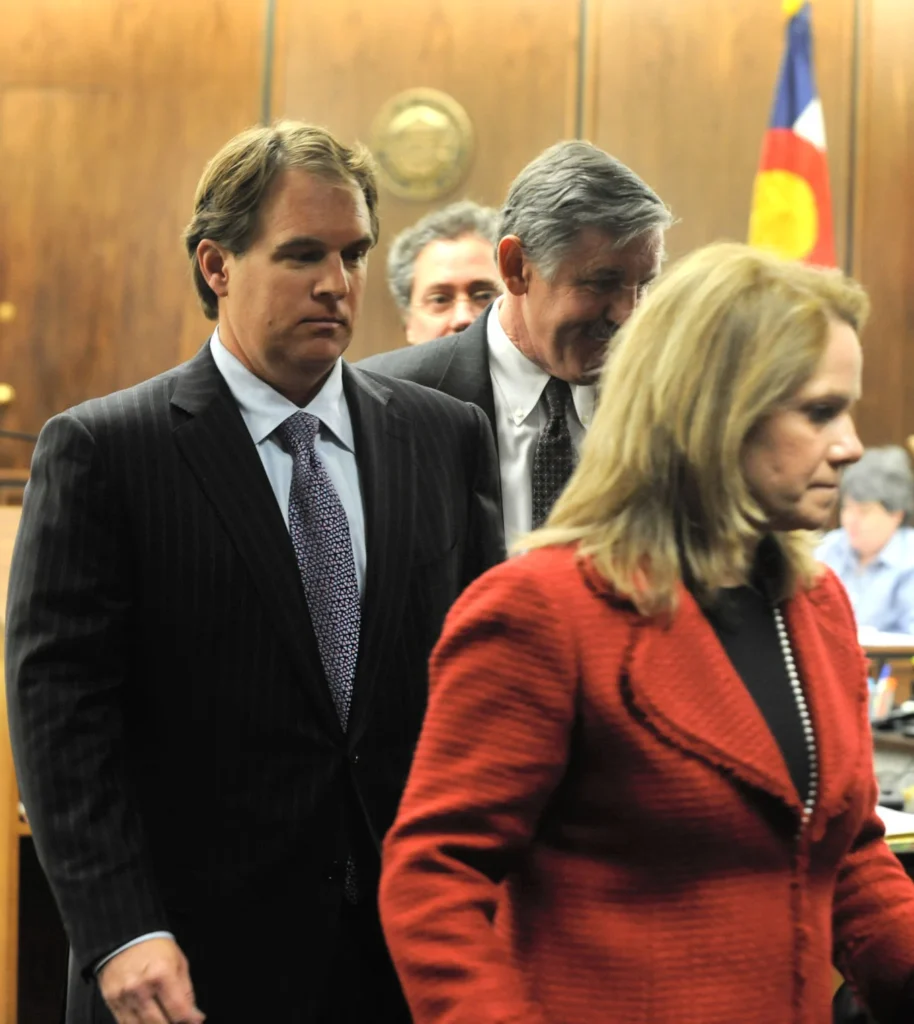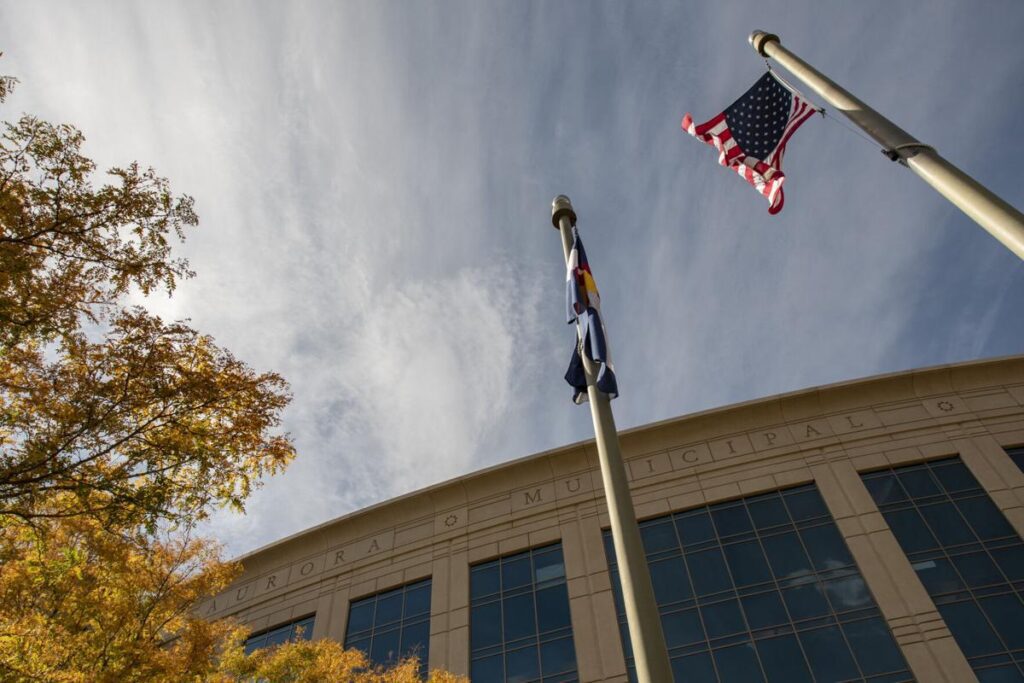Iran attacks bring unity of reactions in Colorado, but some have fears
President Donald Trump’s surprise announcement Saturday of airstrikes on three Iranian nuclear sites and a reprisal missile attack Monday by Iran on a U.S. airbase created a moment of unity among Coloradans with close ties to the Middle East.
“The United States and President Trump should be widely praised by all people who love peace for what he did in taking out the nuclear threat,” Rabbi Rick Rheins at Temple Sinai in Denver, told The Gazette.
“The Iranians have been at the knife edge of terrorism threatening western civilization and the Middle East for 46 years, and have paraded their mobs chanting death to America and Israel,” Rheins said.
Rabbi offers thanks
Rheins also offered thanks, following early reports that there appeared to have been no casualties or significant damage done by Iranian missiles targeting a base in Qatar Monday.
“The U.S. has finally said, ‘Enough, you are not immune from our reach,’” Rheins said.
“A nuclear powered Iran is not good for Israel or America,” said Senior Director Brandon Rattiner of the Jewish Community Relations Council in Denver, which represents 40 Jewish organizations spanning a broad swath of the ideological spectrum here.
“A nuclear attack would be devastating for Israel, the region and the world,” Rattiner said.
The Iranians have attacked both Americans and Israelis over the years, he said, adding the nation is the biggest funder of global terror.
“As we think about the American attack, we need to keep the end goal in mind,” he said. “A nuclear Iran is devastating for anybody who wants peace in the Middle East.”
Not all in the Colorado Jewish community are totally supportive of the American attack on Sunday.
“It’s mixed,” said Jill Wildenberg, chair of the organization J Street Colorado, an advocacy group.
“On the one hand, I’d like to protect Israel,” she said. “On the other, I feel we might have been close to a diplomatic solution.”
Wildenberg said she is left fearful in the wake of the U.S. attack.
“For us in the U.S., it’s scary,” she said, having just climbed off a plane when news was arriving of the Iranian counter attack. “One doesn’t know where a reprisal might be coming from.”
Antisemitism worries
“I’m not a nervous flyer,” Wildenbert said.
However, she pointed to what she called a huge tick in antisemitism in recent weeks, notably the June 1 firebomb attack in Boulder on peaceful marchers in support of releasing Israeli hostages still in the hands of Hamas.
“It gives people added ammunition for acts in antisemitic ways, violent ways,” she said.
Shideh Dashti, a professor of civil, environmental and architectural engineering at the University of Colorado Boulder and a member of Colorado’s Iranian American community, said that Iranians are not unified in their opinions of the attack, but they agreed on one view.
“They generally agree on needing an end to military attacks,” Dashti said.
“I believe the majority of people inside and outside Iran want an end to the Islamic Republic,” she told The Denver Gazette, adding that the level of arrests and persecutions by the regime against Iranian citizens — particularly of women fighting for democracy there — have peaked in recent weeks.
“The people fighting for freedom cannot (resist) while under attack,” Dashti said.
She added that the air attacks by Israel and the U.S. have given the government liberty in portraying the battle as a national cause, despite the regime’s own lack of popular support.
Dashti has a father and other family in Iran, she said, “and every morning I wake up worried they could be gone.”
As an environmental professor, Dashti noted that she is concerned about possible radiation leaks following the strikes on nuclear facilities.
“I’m very worried about an escalation of the war based on how that could affect communities and critical infrastructure, and the potential costs for generations to come,” she said.
Members of Colorado’s Jewish community mused that the attacks could give new political life to Israeli Prime Minister Benjamin Netanyahu, criticized by some for his handling of the threat from Hamas previous to the Oct. 7, 2023 attack, and by others for his leadership during the ensuing hostage crisis.
“Did Netanyahu drop the ball when it came to securing Israel? True,” said Rheins at Temple Sinai. “But leadership doesn’t stop on a single day of great loss. If an election were held today, it wouldn’t be close.”
Colorado Politics Must-Reads:



